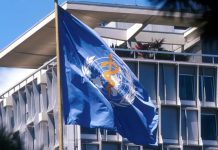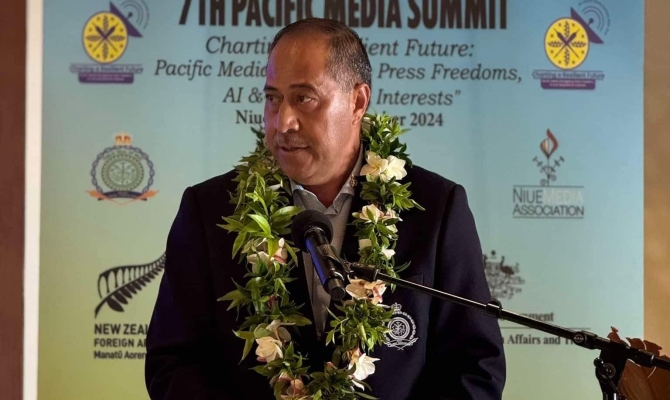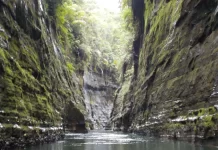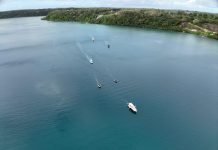The 2024 Vision Pasifika Media Awards – Cleaner Pacific was officially launched at the 7th Pacific Media Summit in Niue by the country’s Prime Minister, Dalton Tagelagi.
The awards celebrate excellence in environmental news content reporting across the Pacific Island region. This year’s theme, Cleaner Pacific, highlights the urgent need to tackle plastic pollution, one of the triple planetary crises threatening the planet, alongside climate change and biodiversity loss.
The 2024 Vision Pasifika Media Award – Cleaner Pacific is a partnership facilitated by the Secretariat of the Pacific Regional Environment Programme (SPREP) with the Government of Australia through the support for Pacific engagement in the INC on plastic pollution and the Pacific Ocean Litter Project (POLP), Office of the Pacific Ocean Commissioner (OPOC) and the Pacific Islands News Association (PINA).
Prime Minister Tagelagi, who is also the Minister responsible for Media and Broadcasting in Niue, said the role of the media in communicating the work of Pacific governments, communities, partners and donors to address waste management and plastic pollution is critical.
“Niue is the perfect setting to launch this Media Award, amongst you all, against a beautiful backdrop – my island home that sits within our Pacific Ocean that we actively work towards preserving,” Prime Minister Tagelagi said.
“Niue achieved self-governing status in 1974 and as we commemorate our 50th Anniversary on 19 October we are very pleased to have you on our island this special year.
“As stewards of our home islands, we all have a role to play when it comes to conserving our environment and building our resiliency. We recognise the power in your pen and keyboard, sharing the information that can help enhance and strengthen our Pacific resilience. Especially against the environmental challenges we all face,” the Prime Minister added.
The awards will recognise exceptional media content in television news, radio production, online platforms, print media, and tertiary student journalism. The categories are open for submission to Pacific Island journalists and media professionals residing in any of the SPREP Island member countries or territories from 23 September 2024 until April 2025. Winners in each of the five categories will receive a USD$1000 cash prize.
Up to 23 million tonnes of plastic waste enters the world’s oceans annually. If no action is taken, estimates suggest that by 2050, the ocean could contain more plastic than fish. This is why over 190 governments are currently engaging in a series of Intergovernmental Negotiating Committees (INC) to develop an international legally binding instrument on plastic pollution, including in the marine environment.
“Plastic pollution impacts everyone, this year’s Vision Pasifika Media Awards will celebrate the stories that raise awareness and spark action on this critical issue,” said Sefanaia Nawadra, Director General of SPREP.
“This Media Award acknowledges the important role of our Pacific media in amplifying our Pacific voice locally, regionally and internationally to manage plastic waste, understand the challenges and champion the solutions.”
SPREP has been supported by the Governments of Australia and New Zealand, throughout the INC negotiating process to support Pacific Islands delegations. This has included pre-INC meetings to prepare Pacific Islands strategies, as well as provide support to the Chair of the Pacific Small Islands Developing States as they lead coordination.
This year at the 53rd Pacific Islands Forum Leaders Meeting in Tonga, Pacific Leaders recommended that Pacific Island countries endorse the Bridge to Busan: Declaration on Primary Plastic Polymers ahead of the final round of INC negotiations in Busan, South Korea in November.
The 2024 Vision Pasifika Media Awards – Cleaner Pacific is supported by a partnership led by the Secretariat of the Pacific Regional Environment Programme (SPREP), the Government of Australia through the support for Pacific engagement in the INC and the Pacific Ocean Litter Project (POLP), the Office of the Pacific Ocean Commissioner (OPOC) and the Pacific Islands News Association (PINA).















